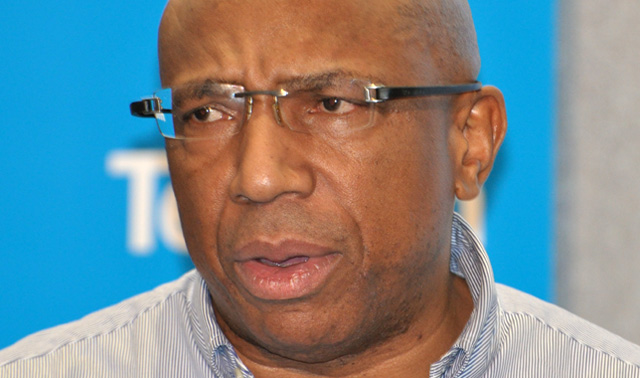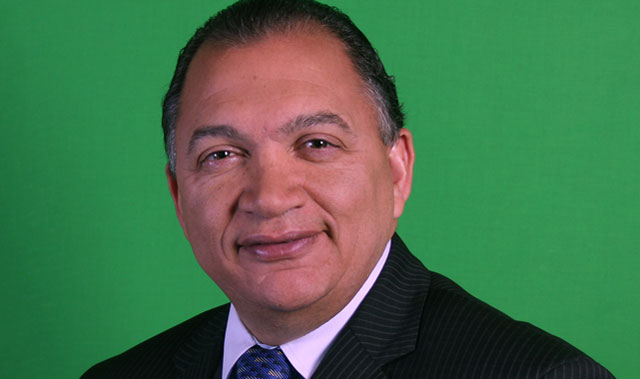
Telkom has denied that it is underinvesting in its network after the company revealed on Monday that its capital expenditure in the six months to 30 September 2014 had fallen sharply, with capex-to-revenue coming in well below guidance provided previously.
This fall in capex prompted analysts on Monday to question whether the company was investing sufficiently to future-proof its business as its rivals ramp up their investments in infrastructure. Both Vodacom and MTN have big plans to deploy high-speed fibre networks to both businesses and residential homes — competing with Telkom in its traditional core business — as revenue growth in mobile slows.
But Telkom CEO Sipho Maseko downplayed the concerns, saying the fall in capex is a “timing issue”. Spending will double in the second half of the financial year, which ends on 31 March 2014, he told TechCentral in an interview preceding the company’s interim results presentation to analysts.
In the six months to end-September, Telkom’s capex, which includes spend on intangible assets, decreased by 42,8% to R1,8bn, from R3,2bn a year ago. The latest number represents just 11,4% of group operating revenue, down from 19,8% in the 2013 interim period.
Capex on Telkom’s mobile network decreased by a massive 79,9% to just R164m (R815m a year ago). This was as a result of a more concentrated roll-out in major metropolitan areas. “The current focus on the radio access network is to complete existing projects and to provide capacity to relieve congestion in identified growth areas,” Telkom said.
Maseko denied that the slump in spending on mobile was as a result of discussions with MTN. In terms of those talks, which should be wrapped up by early next year, Telkom intends outsourcing the management of its radio access network — the wireless component that connects consumers to the company’s core network — to MTN.
Maseko said a decision to merge the mobile and fixed-line teams had also helped bring down capex. “We are now looking at getting the right capital synergies.”
Telkom said it is still on track to meet a full-year target of a 14%-17% capex spend-to-revenue ratio, but admitted the number is likely to be at the lower end of that guidance.

Chief financial officer Deon Fredericks said that strikes earlier this year negatively affected Telkom’s ability to source materials it needed to expand its network. It also encountered difficulties in securing wayleaves — rights of way that allow it to build infrastructure.
Maseko said Telkom needs to “optimise capex and where and when we spend it”.
“It makes sense sometimes to go in first with LTE-Advanced [mobile technology]. Fibre is a longer wavelength investment. We can smooth and structure capex over time. We have to make choices and trade-offs. The areas that give us the right levels of return will get the capex.”
He said Vodacom CEO Shameel Joosub’s recent disclosure, in an interview with TechCentral, that the traditionally mobile-focused operator intends deploying fibre broadband to 150 000 homes and 100 000 businesses in the next three years is a “good thing” and the sector is becoming more “exciting”.
“The true test will be who has the most viable business case,” Maseko said. “Where we all need to be careful is about throwing capital away and duplicating infrastructure.”
He said Telkom has decided to offer its fibre on a wholesale basis, meaning other operators and service providers will be able to use its fibre to provide direct access to customers. — © 2014 NewsCentral Media




